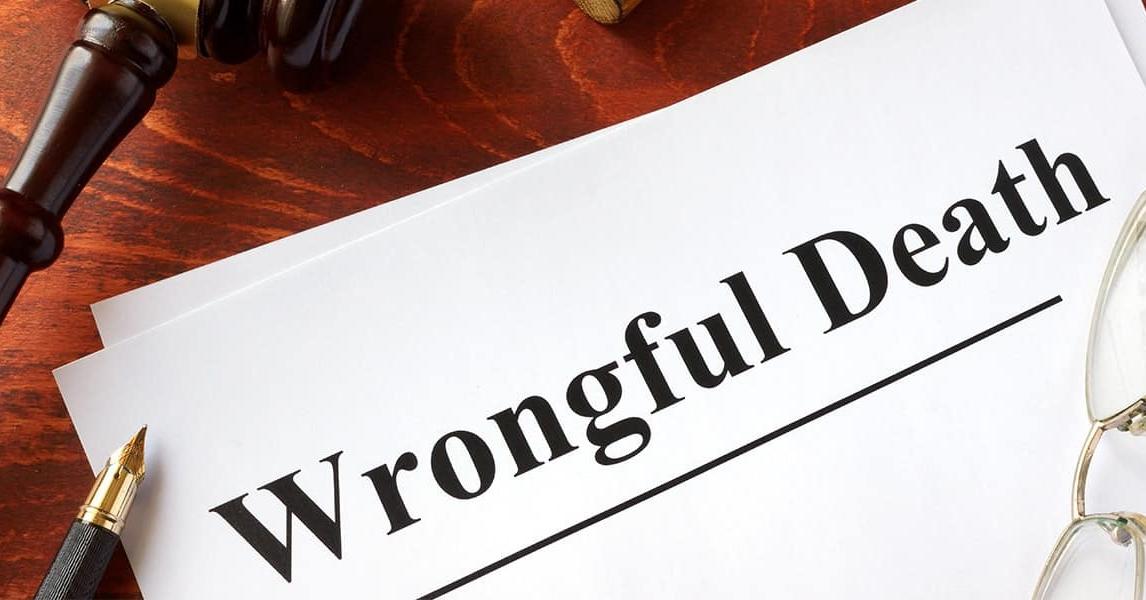Losing a loved one is undoubtedly one of life’s most traumatic experiences. When their demise results from someone else’s negligence or deliberate actions, it can be even more distressing.
Amid the grief and confusion, you may wonder: “Do I have a valid wrongful death claim?” This article aims to demystify the critical elements required to establish such a claim, making this complex process more straightforward and manageable, and how Wrongful Death Attorneys can help.
The Defendant Had a Legal Duty to the Deceased
The primary phase in appraising the credibility of a wrongful death claim hinges on ascertaining if the defendant bore a legal duty towards the deceased. This duty of care embodies an intrinsic accountability to abstain from conduct or situations that could harm others.
The ‘legal duty’ concept might seem abstract, but it is fundamental to our daily lives. In various contexts, individuals and entities bear a legal responsibility towards others. For example, drivers must obey traffic laws to safeguard pedestrians and fellow motorists.
Similarly, doctors are required to provide patients with competent medical care. Your experienced wrongful death attorneys will be able to prove this if this crucial factor was neglected.
The Defendant Breached Their Obligation to the Deceased
After establishing a legal duty, the next crucial aspect is whether the defendant failed to fulfill this obligation. This breach can arise from negligence, recklessness, or even deliberate harm.
Proving a breach of duty often necessitates substantial evidence. This evidence might include witness testimonies, footage, accident reports, or expert opinions. For instance, if a physician misdiagnoses a condition that a competent doctor would have correctly identified, it may constitute a breach of duty.
The Defendant’s Breach of Obligation Directly Caused the Victim’s Death
The third requirement for a valid wrongful death claim is causation. Here, you must demonstrate that the defendant’s actions (or lack thereof) directly led to your loved one’s death. Causation can be one of the most challenging aspects to establish in a wrongful death claim. It often requires expert testimony to draw a clear line from the defendant’s breach of duty to the victim’s death.
You Suffered Actual Damage That Can Be Compensated
For a wrongful death claim to hold water, you must prove actual damages, tangible losses you have suffered due to your loved one’s death. These losses should be quantifiable and compensable financially.
Damages in a wrongful death claim can encompass both economic and non-economic losses. Monetary damages include financial losses like funeral costs, loss of income from the deceased, and medical expenses.
Non-monetary damages, though more challenging to measure, can be significant. These include emotional trauma, fellowship loss, and enduring pain or grief. The comprehensive compensation is influenced by multiple elements, such as the conditions surrounding the death, the earning capacity of the deceased, and the financial and emotional burden borne by the surviving family members.
In Conclusion – How do I know if I have a valid wrongful death claim?
To validate a wrongful death claim, four fundamental aspects must be demonstrated: a legal obligation, a violation of that obligation, a direct cause-effect relationship, and tangible damages. Navigating through this process can be intricate and emotionally draining.
Hence, it’s imperative to engage the services of seasoned Wrongful Death Attorneys who can navigate you through this complex legal maze, guaranteeing you the rightful justice and compensation you are entitled to.
